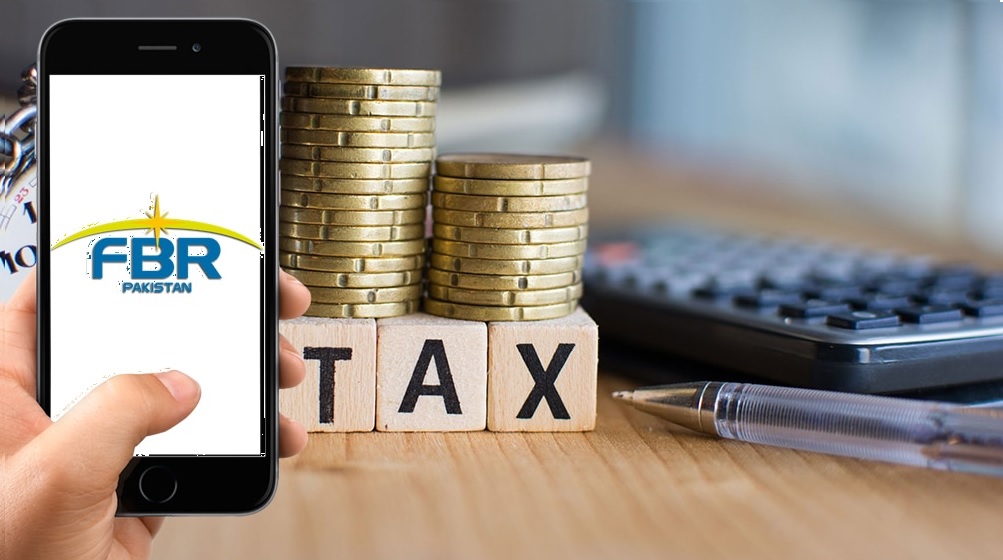The Federal Board of Revenue (FBR) has been granted sweeping new powers under the recently enacted “Tax Laws (Amendment) Ordinance, 2025”, signed by President Asif Ali Zardari. The ordinance allows the FBR to recover outstanding taxes directly from taxpayers’ bank accounts or seize their movable and immovable properties—without issuing any further notices—if a court has ruled in favor of the FBR.
Previously, tax authorities were required to send a fresh notice under Section 138 of the Income Tax Ordinance 2001 before proceeding with recovery. However, the new law eliminates this requirement, speeding up the process of tax collection for cases where judicial orders have already been issued.
The ordinance also expands the FBR’s authority to place tax officials inside factories, warehouses, and other business locations to monitor production, inventory, and sales. This move is aimed at tightening control over tax evasion and boosting transparency in the supply chain.
Shortly after the ordinance was promulgated, the FBR launched late-night recovery operations against multiple companies with outstanding tax liabilities confirmed by the courts.
Must Read:
FBR to Implement Section 114C in Finance Bill 2025-26 to Restrict Transactions by Non-Filers
According to sources cited by NetMag, the first company impacted was Telenor Pakistan (Private) Limited, which agreed to pay billions in dues following an order by the Islamabad High Court (IHC). In response, Telenor reaffirmed its commitment to abide by Pakistani laws and resolve any tax matters through legal channels while reserving the right to pursue further legal remedies if necessary.
Another telecom-related joint venture also agreed to comply with the court order and settle its dues as per FBR’s directive, sources confirmed.
In a parallel development, FBR and Jazz reached a tax settlement of Rs. 20 billion related to the import of telecom infrastructure. Jazz has chosen not to challenge the matter in court. The tax agreement coincided with a significant corporate transaction involving Jazz’s subsidiary, Deodar, which manages the company’s tower assets. Deodar was sold to Engro Corporation in a deal valued at $563 million, pending legal clearance despite being approved by the Competition Commission of Pakistan.
Jazz later issued a public clarification, stating that neither Pakistan Mobile Communications Limited (PMCL-Jazz) nor Deodar had been issued any adverse court rulings. Jazz emphasized its long-standing role as one of the top taxpayers in Pakistan and reiterated its commitment to operating within legal frameworks while preserving its constitutional rights.
This aggressive enforcement by the FBR signals a new era of tax compliance in Pakistan, with the government taking a firm stance against defaulters through streamlined legal backing.




